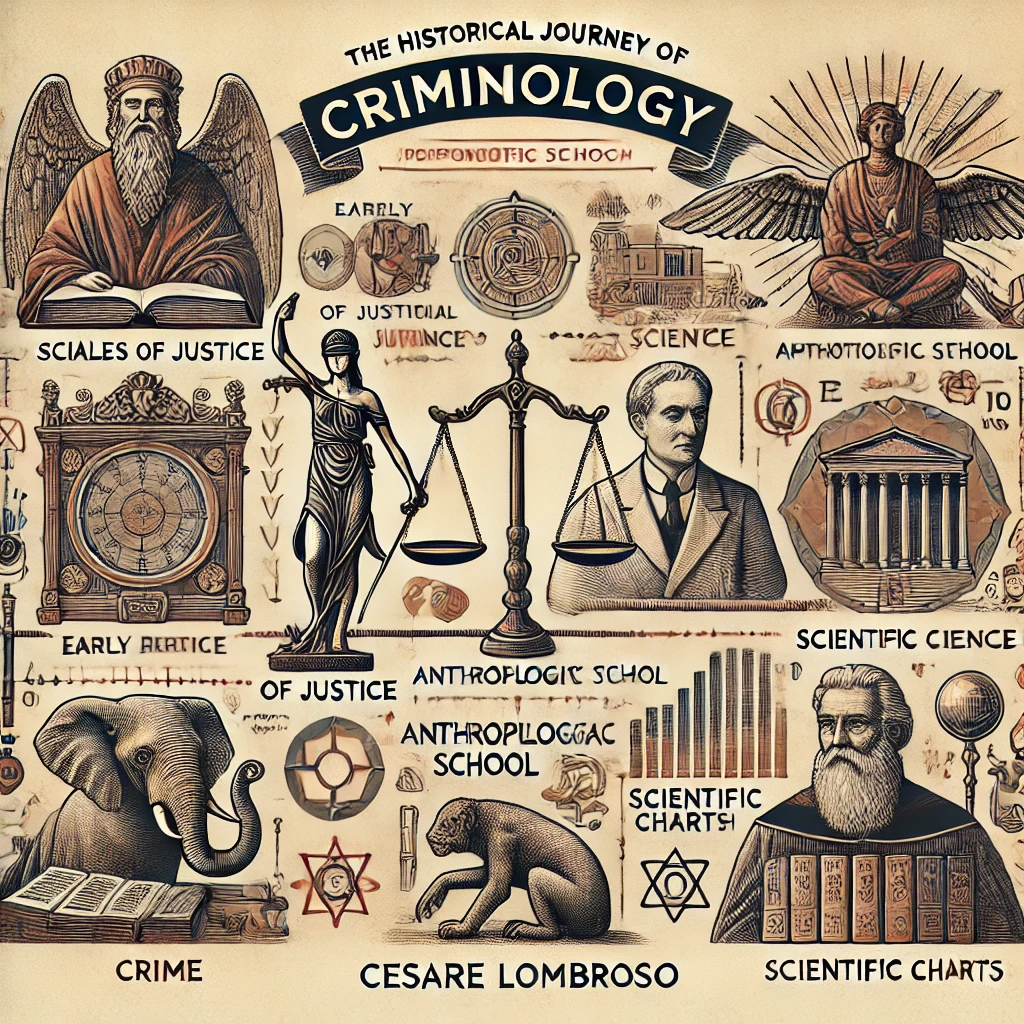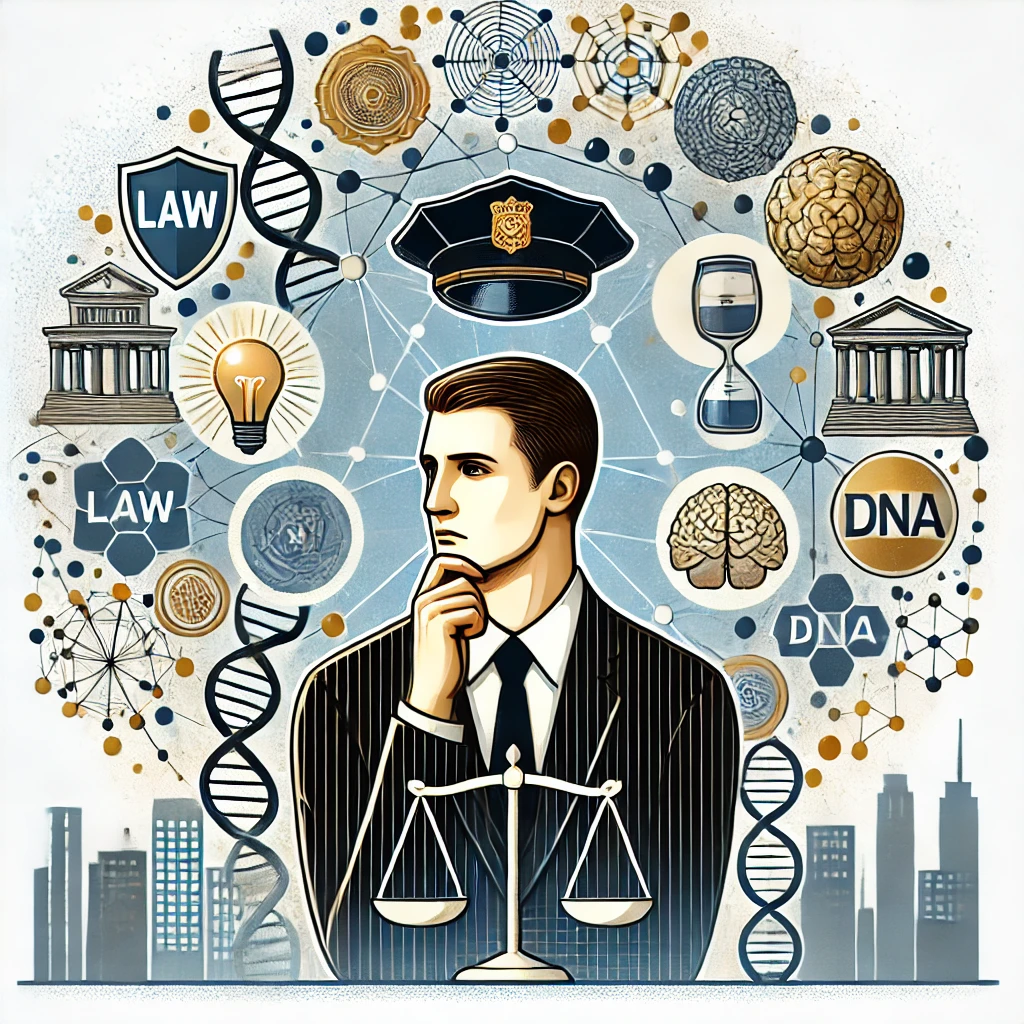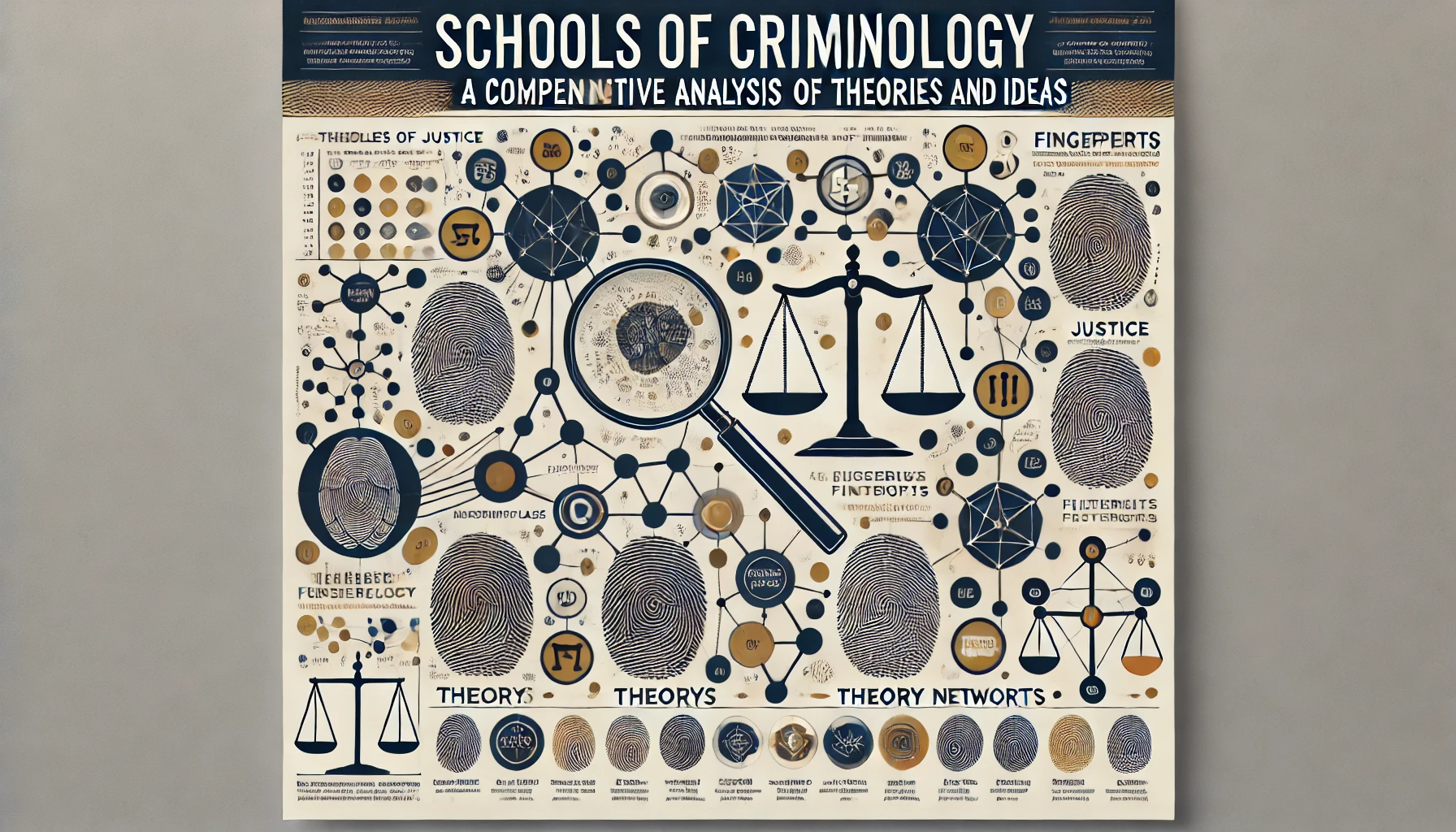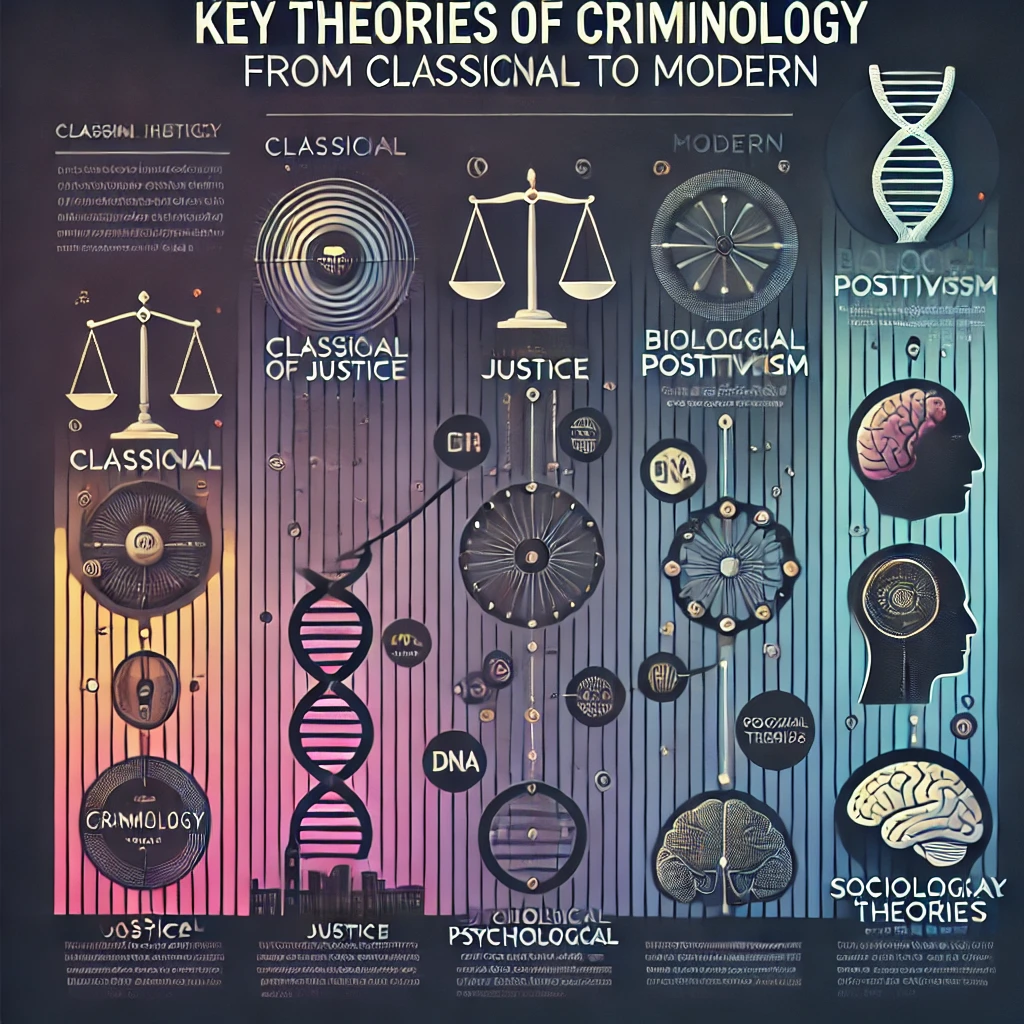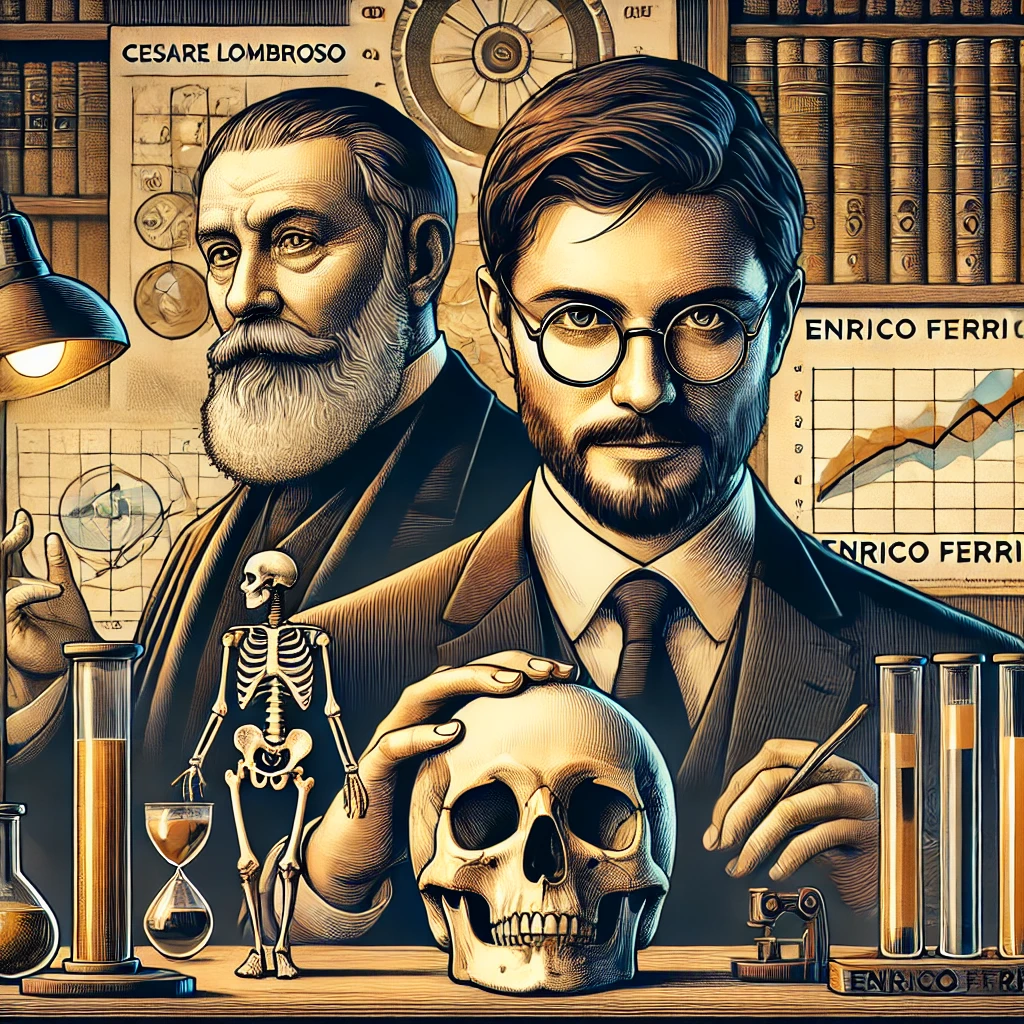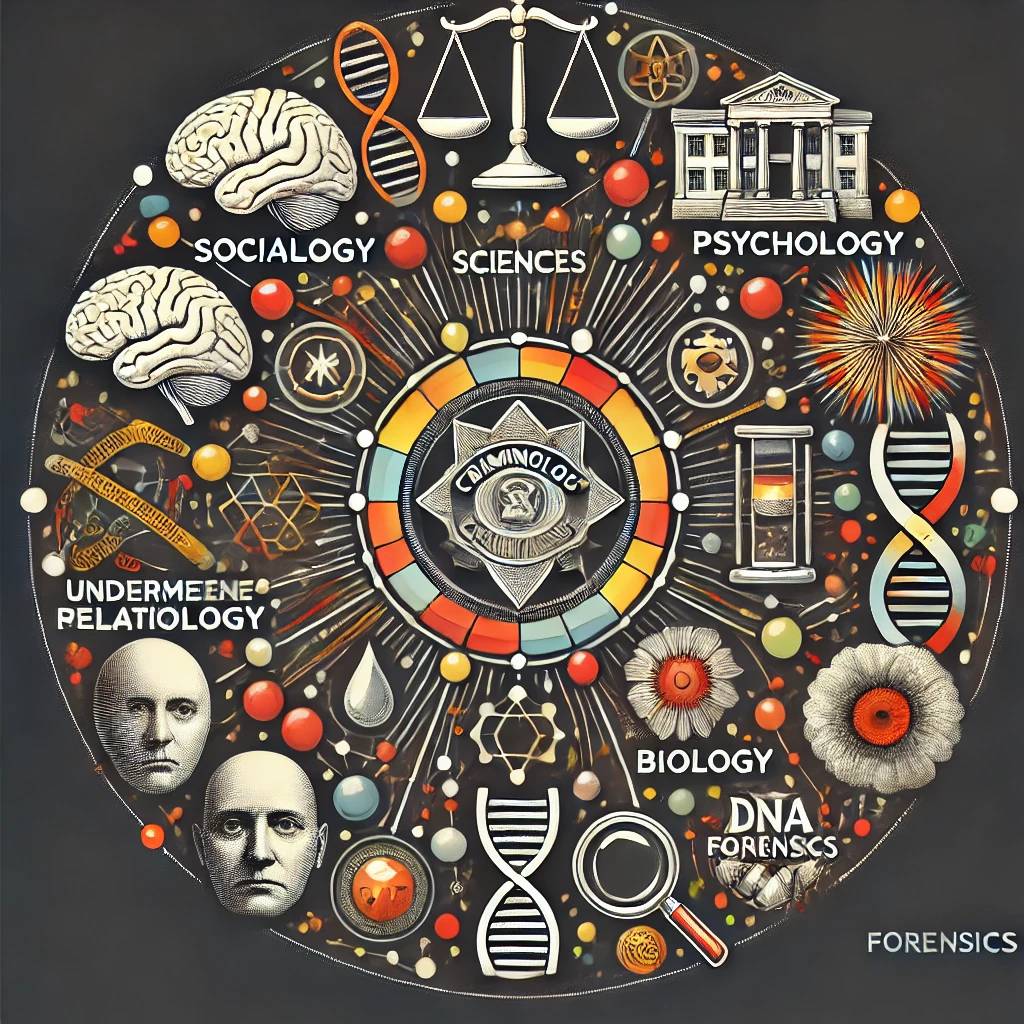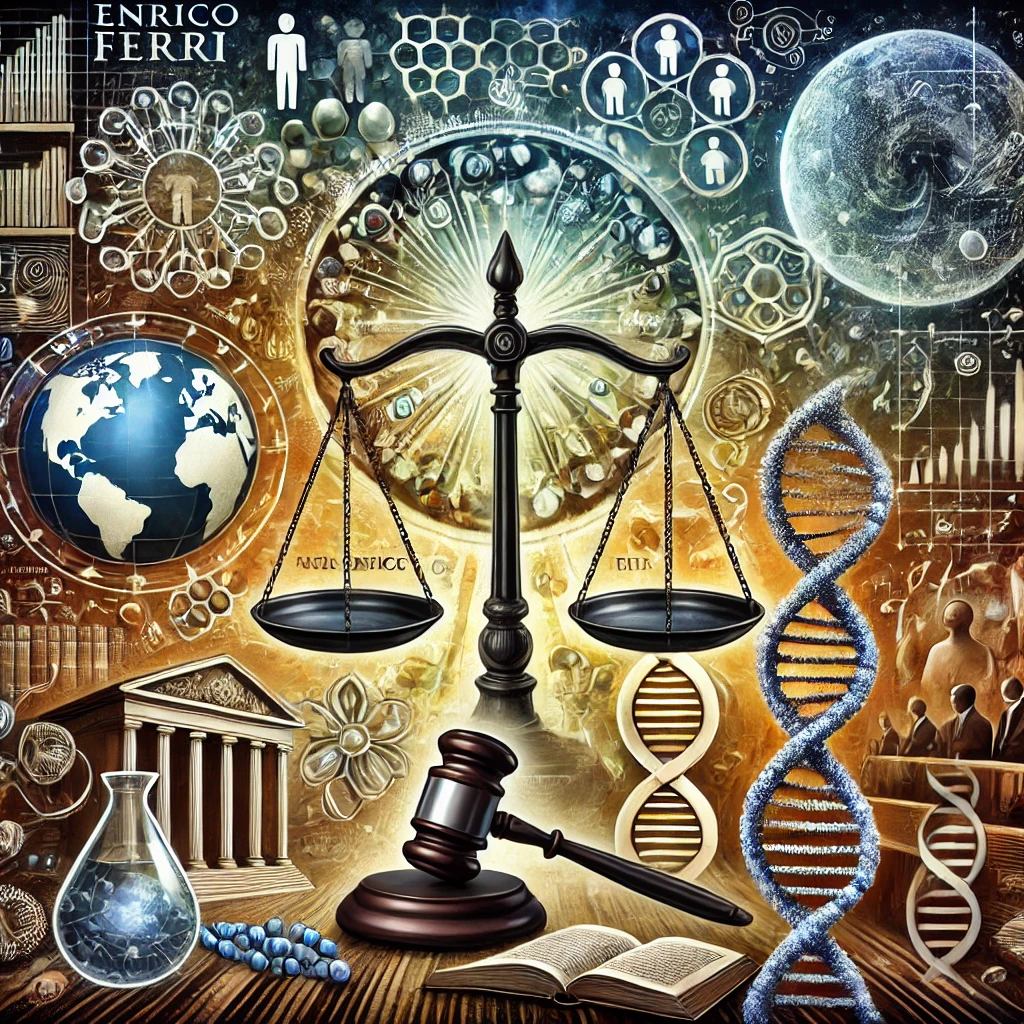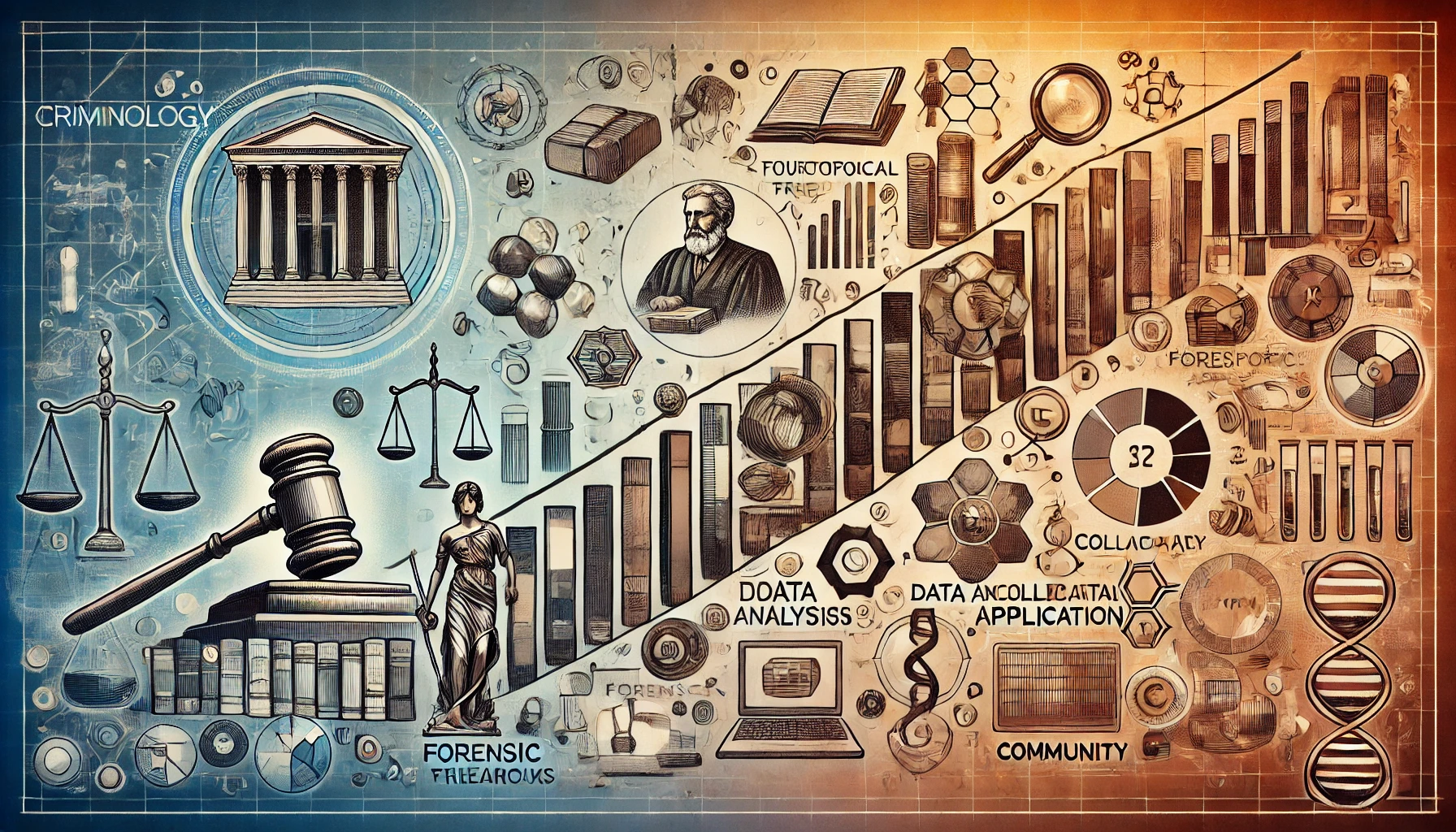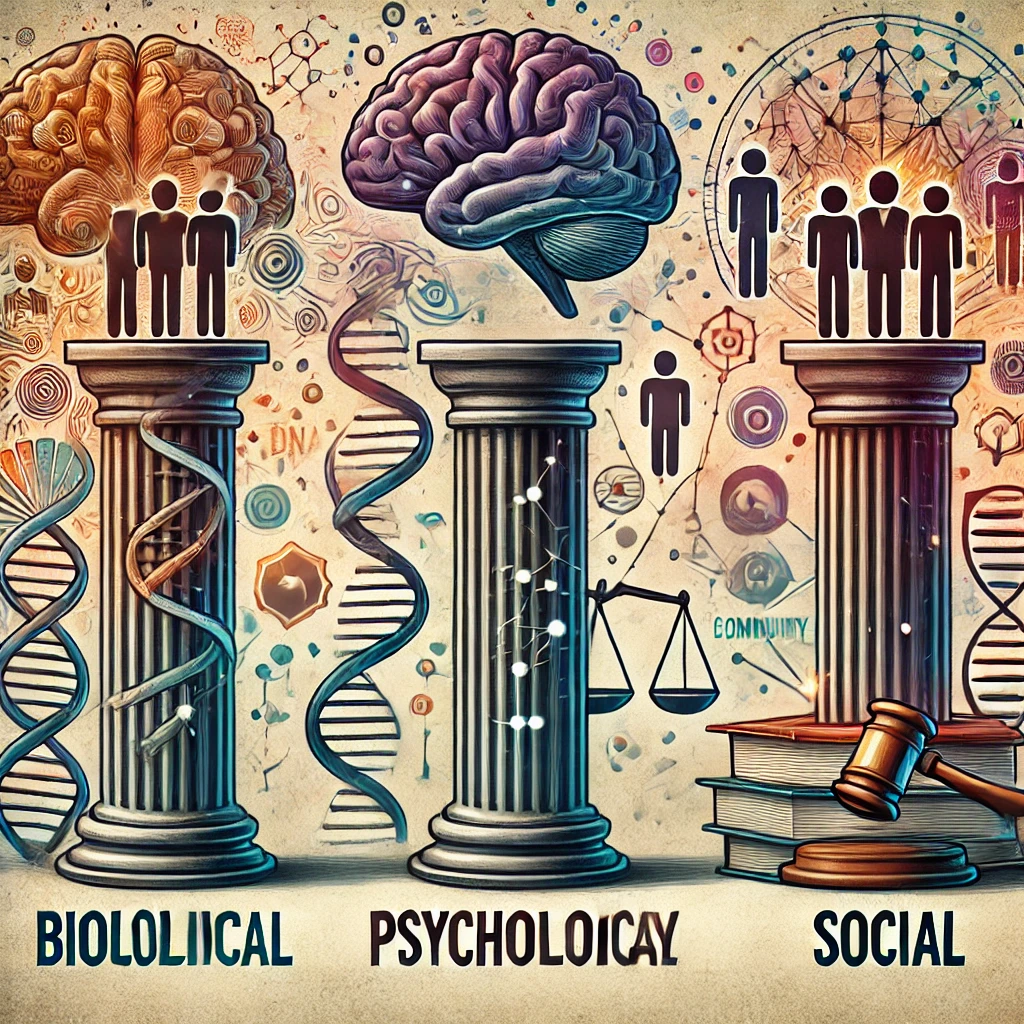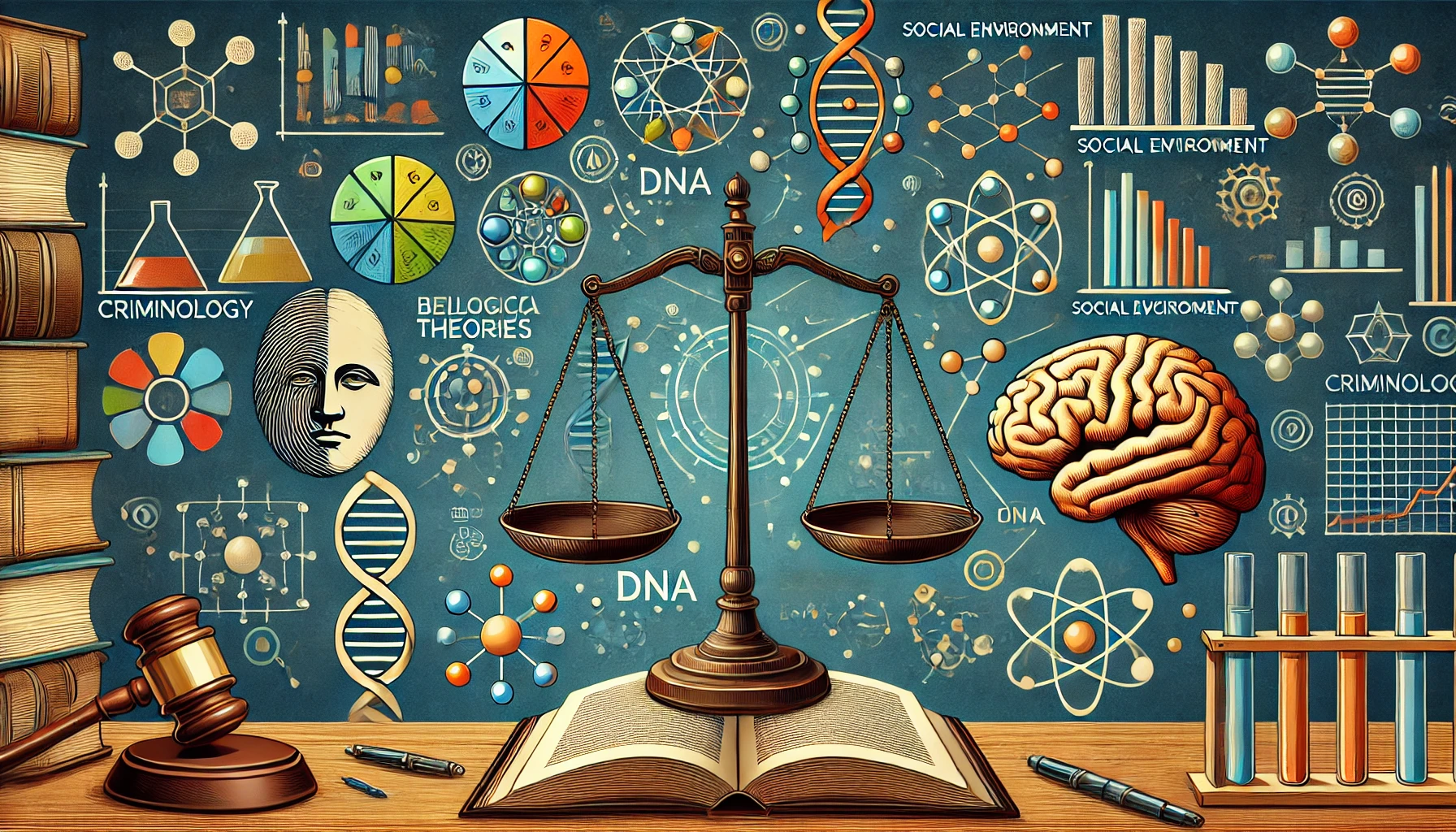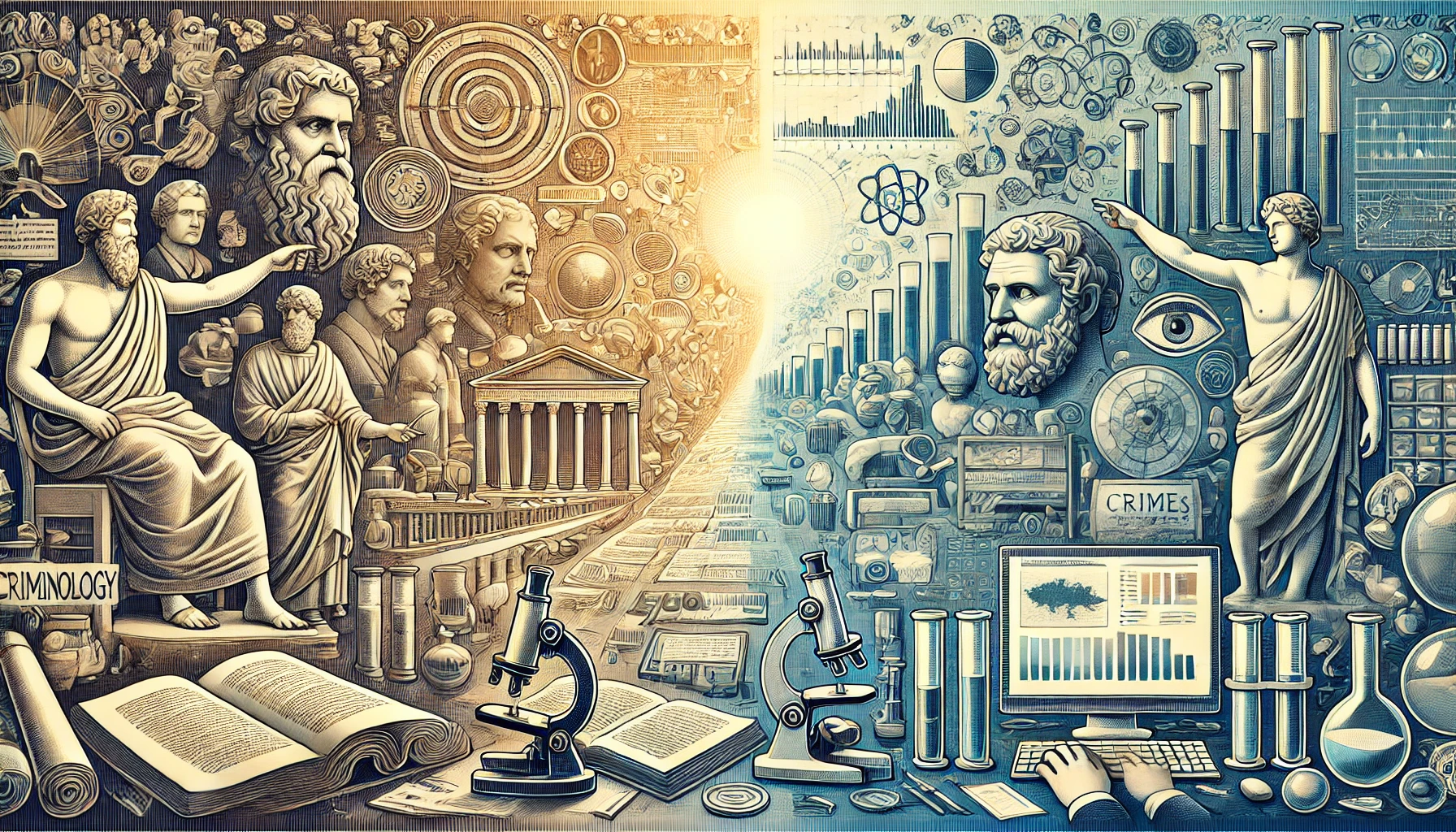The Historical Journey of Criminology: From Early Theories to the Positivist School
The study of criminology has evolved over centuries, mirroring the broader progress of human thought and scientific discovery. At its core, criminology seeks to understand the causes, consequences, and prevention of criminal behavior—an endeavor that has been shaped by diverse philosophical, religious, and scientific perspectives. As societies grappled with the challenges of crime and deviance, … Read more

